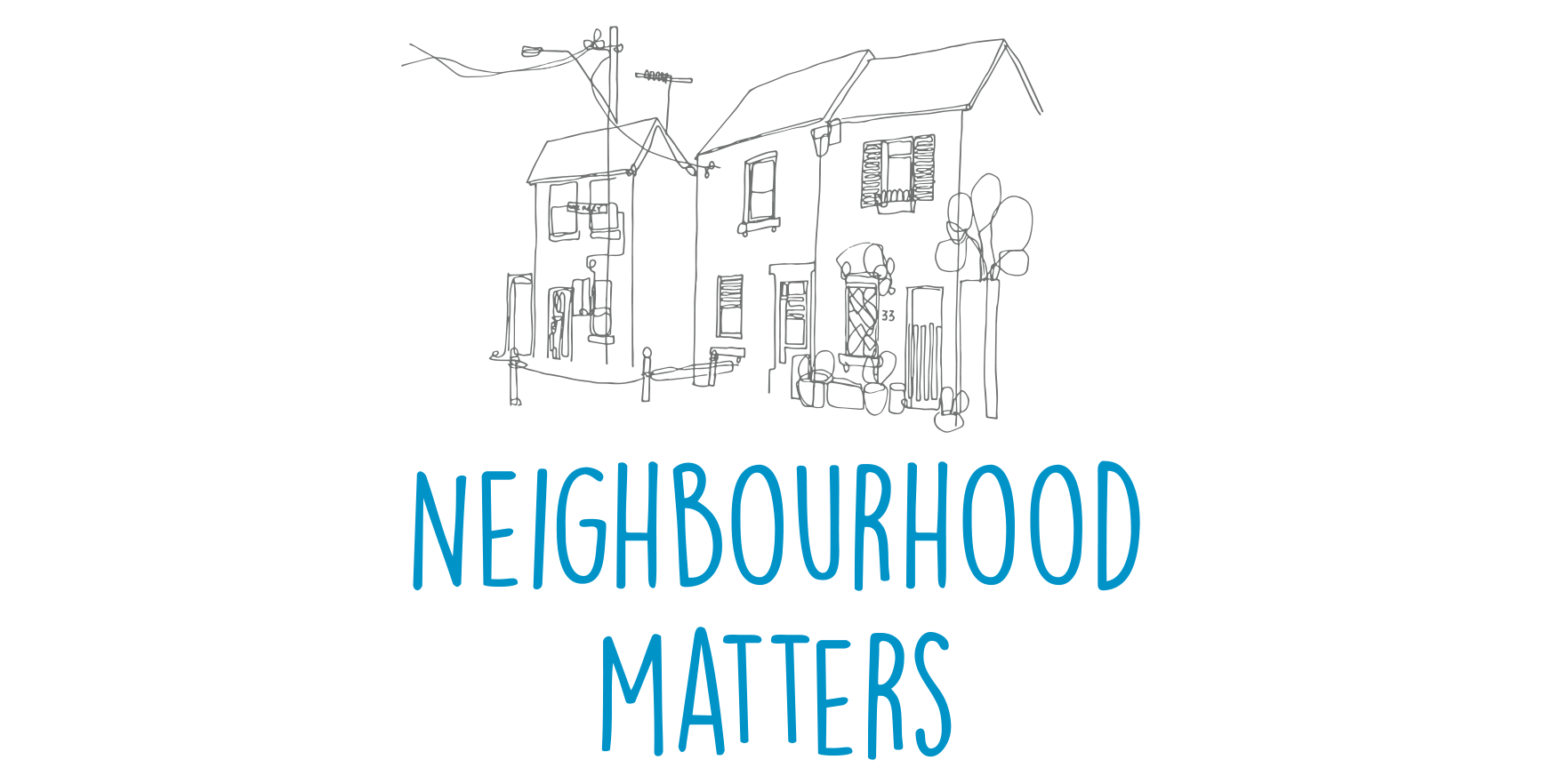Most people find door-knocking irritating. When someone knocks at the front door unexpectedly, usually we think it’s a salesperson or even perhaps someone dangerous. In the past, door-knocking was a common practice employed usually by salespeople and perhaps others doing surveys, but it has gone out of style as people don’t want to be intruded upon in their own homes.
So it caught our attention when we read that, during the federal election this year, the Greens Party employed a strategy of door knocking over 90,000 doors to get to know the community in inner-city Brisbane and engage people finding out what they really wanted from their elected leaders. The idea was to grow a grassroots campaign based on “social work as a political strategy”. It is widely held that this is one of the reasons the Greens did so well in Queensland when this had not previously been the case.
It’s helpful to apply this lesson more broadly to community engagement. One perennial issue when it comes to community engagement or activation is making sure all voices in the community are heard before starting programs, building infrastructure or beginning community projects. How do we make sure no one is left out and all have a say so that everyone benefits from plans to build a better community?
We wonder if door-knocking, though often perceived as an irritating practice, could make a comeback and be used by community members to engage those who perhaps often do not have their voices heard. It is time-consuming for both the one who does the door-knocking and the person who is being consulted. It can also be complex in some ways to sort out what people are actually communicating – anyone is social work would know this. But what better way to really listen well to community needs?
Perhaps, before community projects are being put forward for grants, before large infrastructure is built and before neighbourhood projects commence, door-knocking people’s homes should happen on a wide-scale. In this way those with the proposals can get a better idea of community needs, get to know the neighbourhood and truly listen to what people want. The community will feel heard and will then be more likely to engage with the projects being proposed.
What are your thoughts on door-knocking as a way to better get to know the needs of the neighbourhood?
